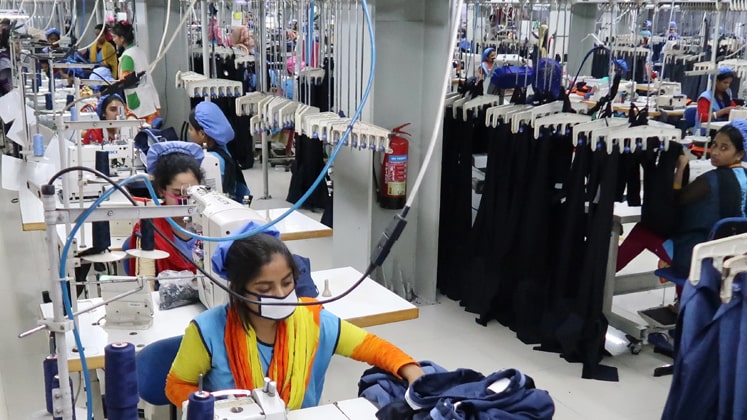
Manufacturers Urge Consistent Industrial Policy for Competitiveness
- CNL Reporter
- April 24, 2025
- Business News
- Manufacturers
- 0 Comments
News of the Day
Sri Lanka needs a consistent industrial policy providing concessions for the manufacturing sector to become locally and globally completive by producing innovative and quality products, several domestic industry leaders emphasised.
They urged the government to clear the way towards building a broad-based export industry by introducing national industry policy soon do away with protectionism as the tax on imports is tax on exports.
Successive previous governments have introduced industrial policies, but those were inconsistent and in every budgets, taxes and Customs duties had been changed without consultations with industrial stake holders, Chairman and Managing Director of Tantri Trailors (Pvt ) Ltd Athula Haputantri, said
However he noted that the ruling NPP has formulated an industrial policy document by appointing advisory committees consisting of 21 industrial sectors for their manifesto.
The government is set to introduce this policy following discussions with industry stake holders which is conducive for the manufacturing sector, he disclosed.
A Class-1 Marine Engineer by profession, Mr. Haputantri has been instrumental in driving Tantri Trailers to the forefront of Sri Lanka’s manufacturing and export sector. Under his leadership, the company has pioneered the manufacturing and export of value-added trailers, reaching over 40 countries worldwide.
Beyond trailers, Tantri has expanded into diverse areas, including telecommunications towers, tankers, construction plants, storage tanks, silos, overhead gantries, cranes, and heavy steel fabrications. It has also refurbished 300 railway coaches saving valuable foreign exchange.
Past government policies have typically formulated by ministry officials, and there has not been a common framework to support multiple initiatives for different industries he pointed out.
All the policy that affects industry is made in the dark, on guesswork without considering the number of industries , manufacturers ,sectors and their contributions to the national economy,
No investor will invest in an industrial venture in Sri Lanka without a globally competitive national industry base and consistent national policy, he claimed.
The policy document will have to be preceded by a process to collect data on Sri Lanka’s industrial sector and ascertain the strengths and weaknesses of the industry
The main aim would be to move Sri Lanka from its dominance in low technology industries such as apparel to high technology manufacturing and engineering where the country could earn more.
Citing an example Mr Haputantri noted that his company manufactures 100 trailers per annum and 50 percent of it for export market earning foreign exchange with 650 direct employees and 1500 indirect employees working at various sites. The share of industrial exports contribute to the GDP, he added.
Sri Lankan industrialists should focus attention on high quality standard products for the export market, he said adding that their innovations will have to cater the needs of consumers.
The government has taken measures to upgrade the quality of manufacturing, promote eco-friendly methods, and introduce modern technologies.
It has been focusing on entrepreneurship, infrastructure investment, and green industrial conduct. Steps include amending the Industrial Promotion Act and enforcing standard operating procedures in domestic vehicle assembly, a top ministry official explained.
With the aim of making products internationally competitive, Sri Lanka has developed a strategic National Quality Infrastructure (NQI) Enhancement (NQI) Strategy.
This approach emphasizes the provision of high-performance services that enable business compliance with international market requirements, enhance environmental sustainability, and protect consumers.
Key focus areas include revising the legal framework, strengthening institutional coordination, and building awareness about quality among the private sector and general public.
–

